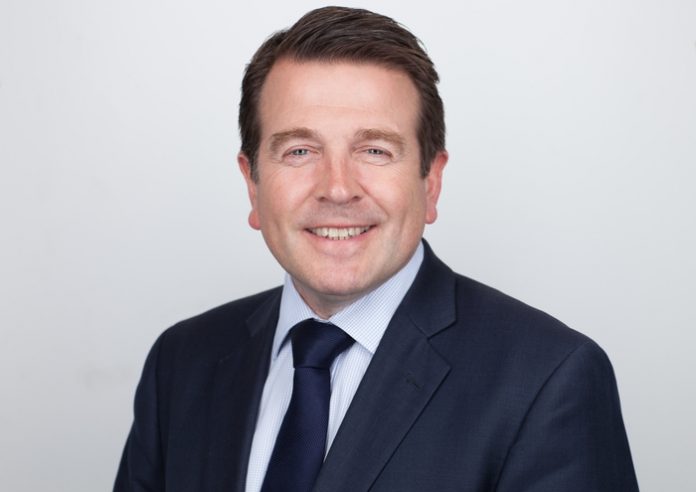They had one (main) job to do, and, as Alistair Osborne wrote in the Times last week their stance on interest rates has been a ‘monumental screw-up’, writes David Little, a Partner in solicitor Bishop & Sewell’s Corporate and Commercial team.
I held off writing this blog last week because I was hoping against hope that Rishi Sunak would this week announce economy boosting measures in his Spring Budget.
He didn’t.
Instead he’s slamming us all with a 1.5% increase in National Insurance. We’re all going to pay an additional £3,000 for our gas, electricity and petrol, at least – and he knocked 5p of a litre of fuel.
I’d call that a monumental screw up as well.
The Bank of England’s stance that inflation was going to be ‘transitory’, after it raised rates last week is out by a factor of four. Their job is to keep inflation at 2%. The Governor has predicted double digit inflation of at least 10%.
As Alistair Osborne commented, “By leaving things too late, the MPC is now playing catch-up at a far from ideal moment. Bailey was right that monetary policy is unable to prevent large shocks to the economy, such as Russia’s war on Ukraine, but the MPC had lost control of prices long before that. The Bank may be proved right that the present squeeze on household incomes will tame inflation, while oil and gas prices will start to abate: but on past form you would not bank on it.”
Mindful that the Bank raised interest rates to 0.75%, a return to its pre-Covid level, the Chancellor really could have done something substantial in his Spring Budget to help not just poor families, but companies – who through their tax receipts this quarter – gave him an unexpected £24 billion to trouser.
I’m old enough to remember what 17% inflation felt like. 10% inflation risks undermining the recovery from the pandemic. Yet the Bank and the Chancellor seem asleep at the wheel.
In other news did you see the press release about a survey of 1,000 UK adults commissioned by life insurance broker, Caspian Insurance, that revealed that 59 per cent don’t think smoking will be obsolete by 2030? The target, which was outlined in a Government Green Paper in July 2019, hopes cigarette users will convert to vaping or quit. What intrigued me was that the government has a target obsolescence date for fags. And that the commentators, you can read the full story here, are pushing for cigarettes to have a raised buying limit of 25 years old.
I was going to suggest some might regard that as a drag. But let’s champion anything that helps reduce preventable deaths by cancer.
David Little is a Partner in Bishop and Sewell’s Corporate & Commercial team. Should you require any further advice or assistance, please contact him quoting reference CB296 on +44 (0)20 7079 4143 or email: [email protected]
About Bishop & Sewell LLP
Bishop & Sewell is a long-established, full service Central London law firm – with an international reach – specialising in Personal, Property and Commercial legal matters. To learn more, visit www.bishopandsewell.co.uk



















